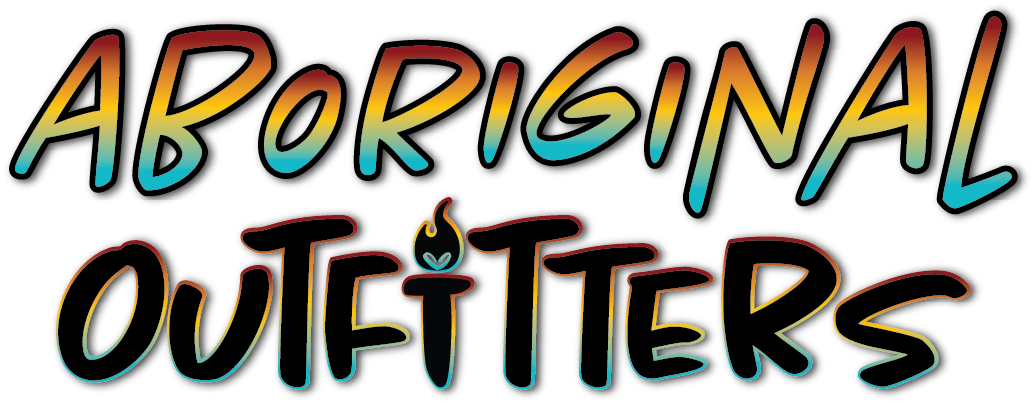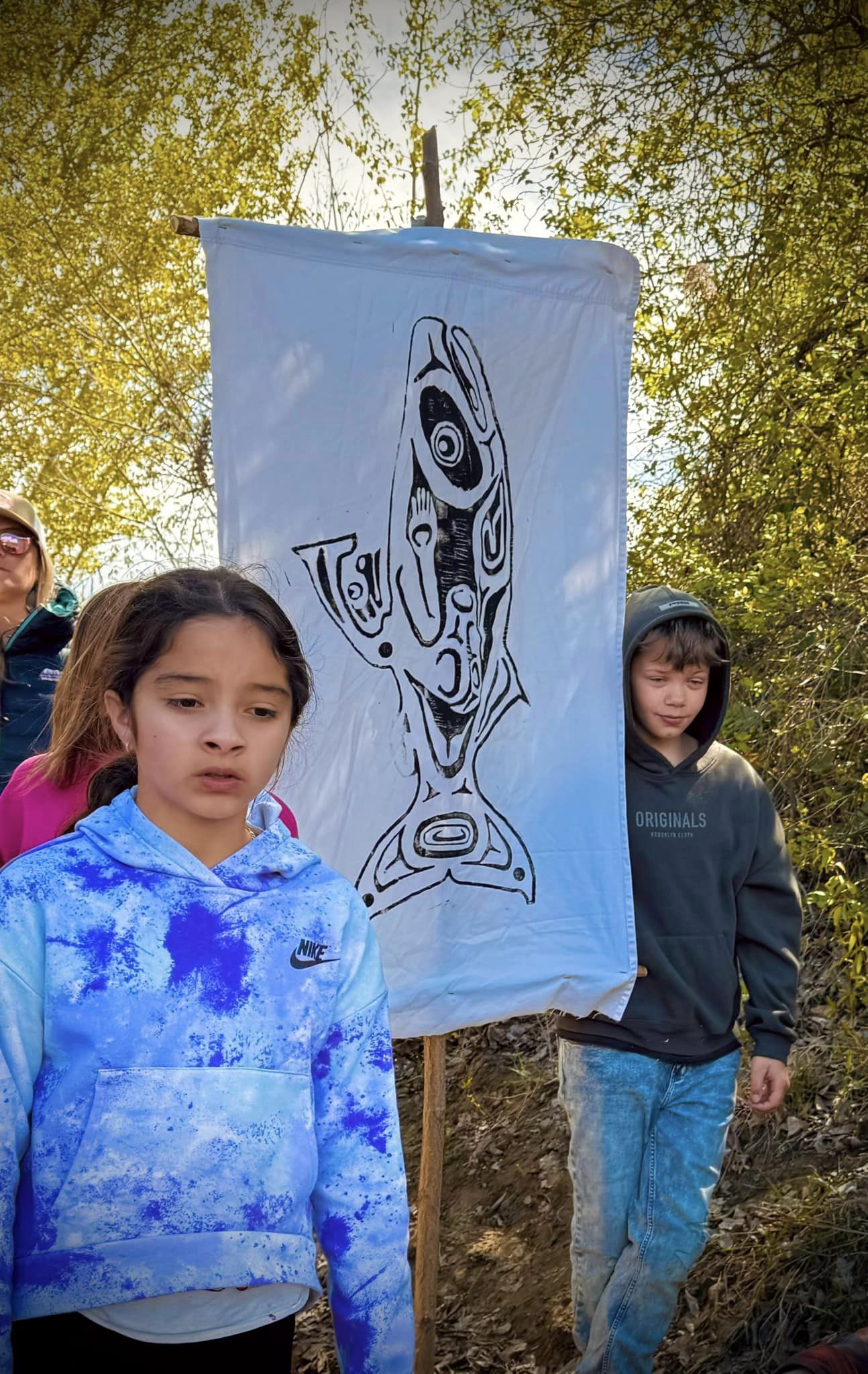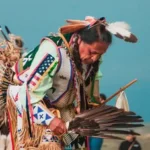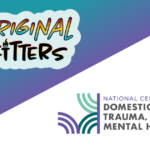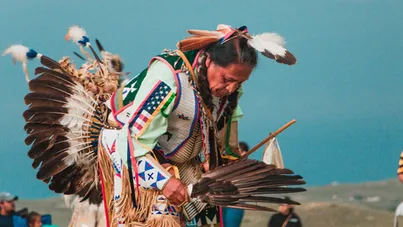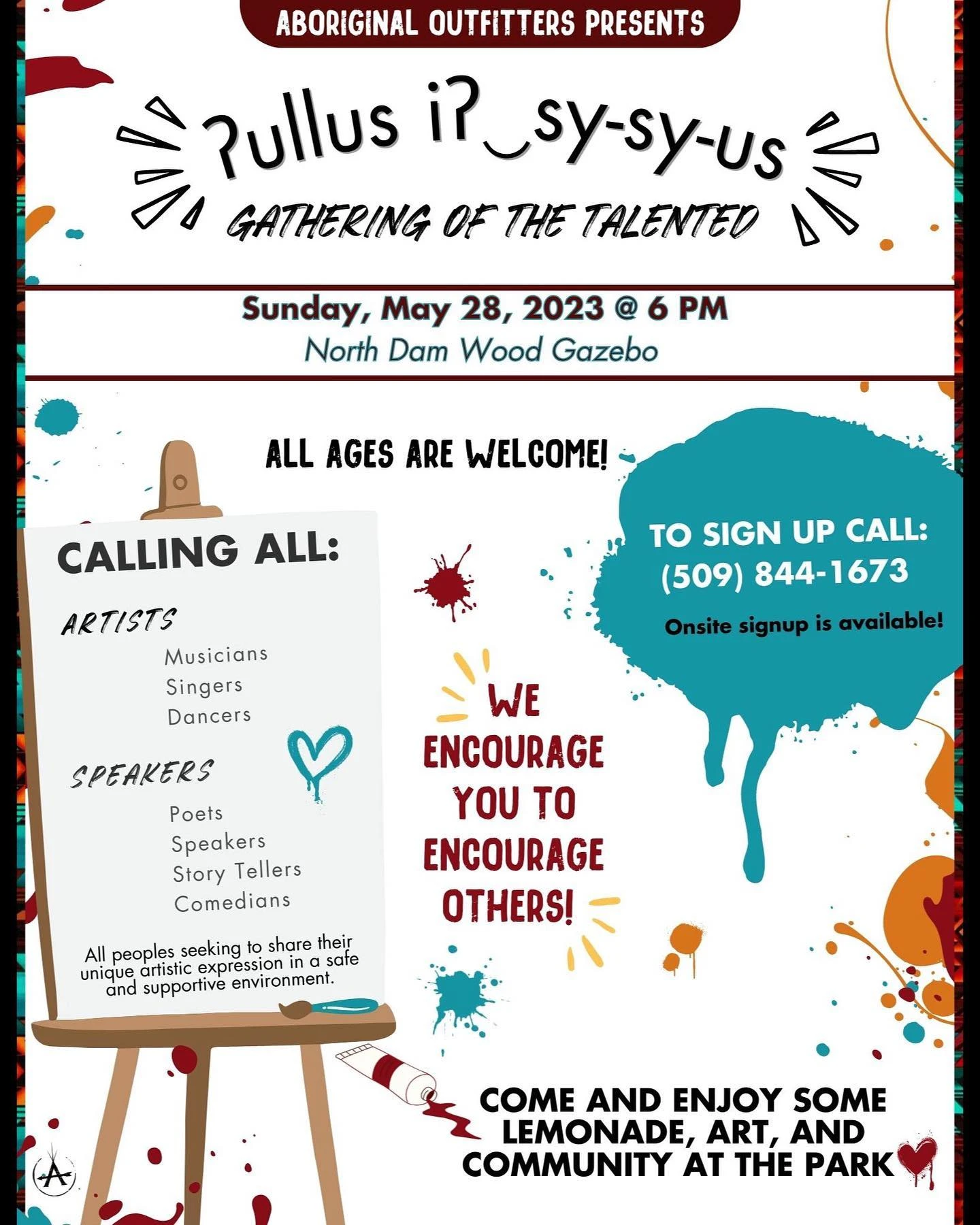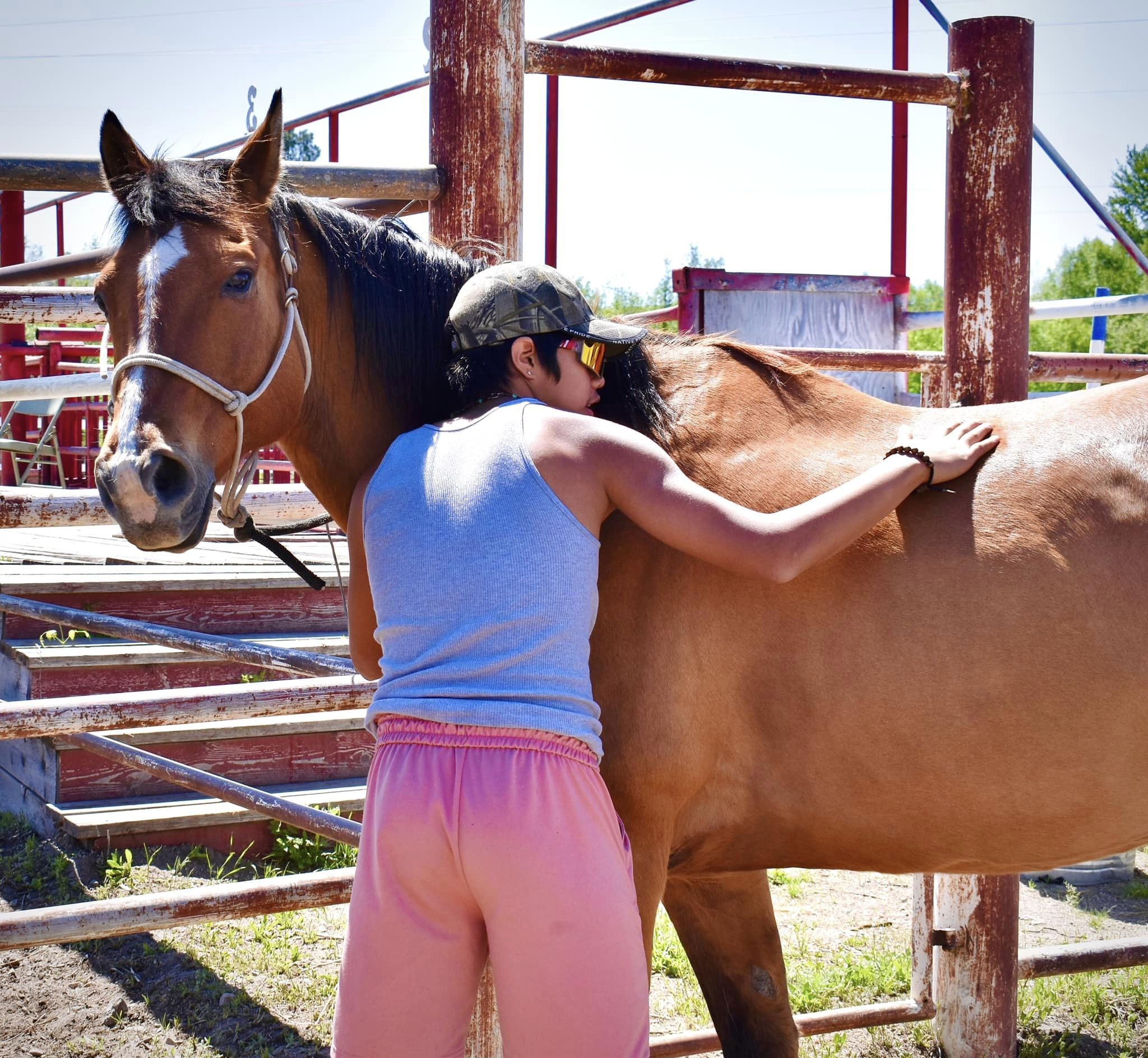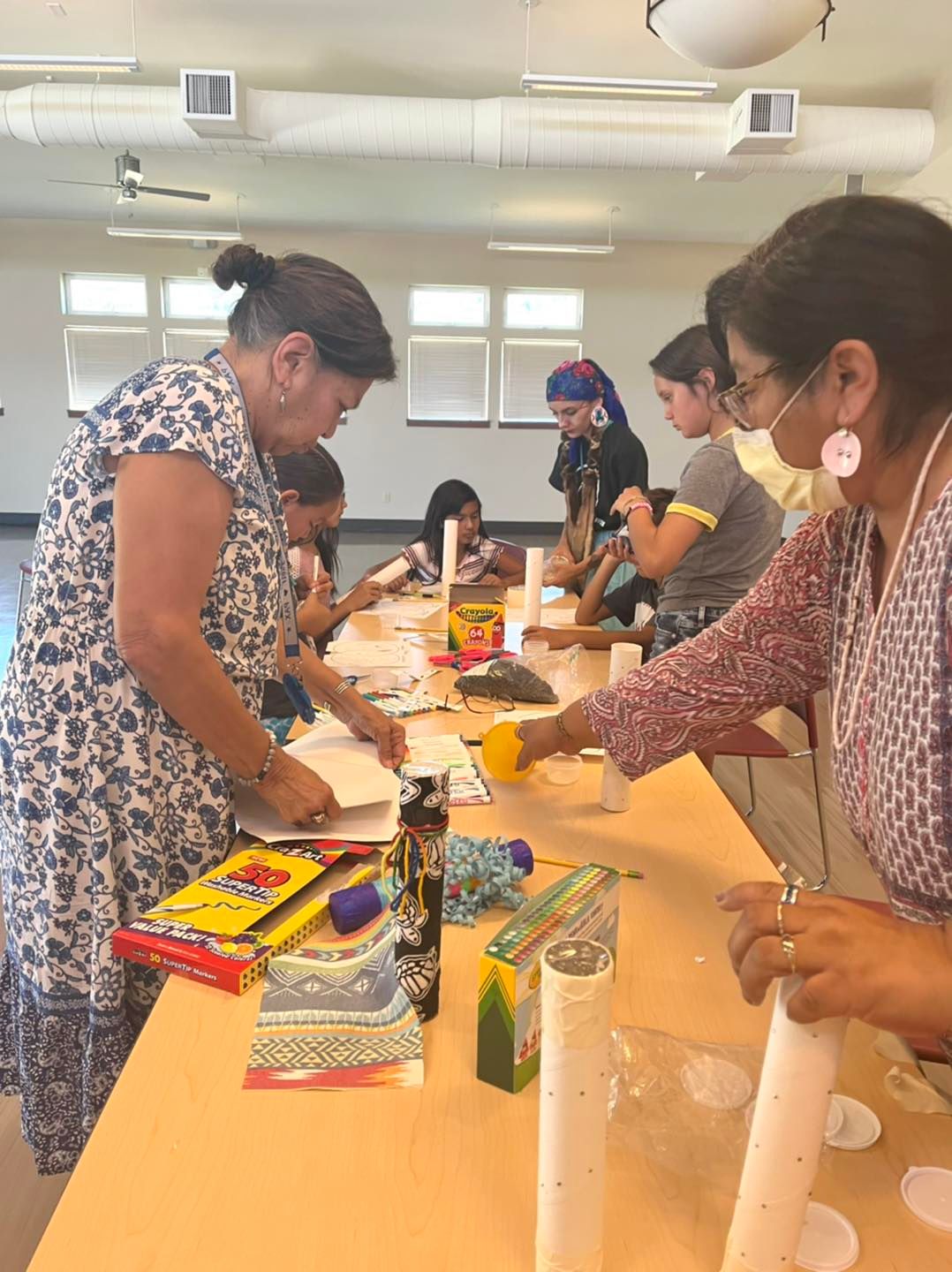In the face of mounting environmental challenges, conservation efforts have become more crucial than ever. At the heart of these efforts lies an often overlooked but invaluable resource: Indigenous youth. These young individuals hold the key to preserving both their unique cultural heritage and the ecosystems they call home. This article explores the importance of engaging Indigenous youth in conservation and provides strategies for meaningful involvement.
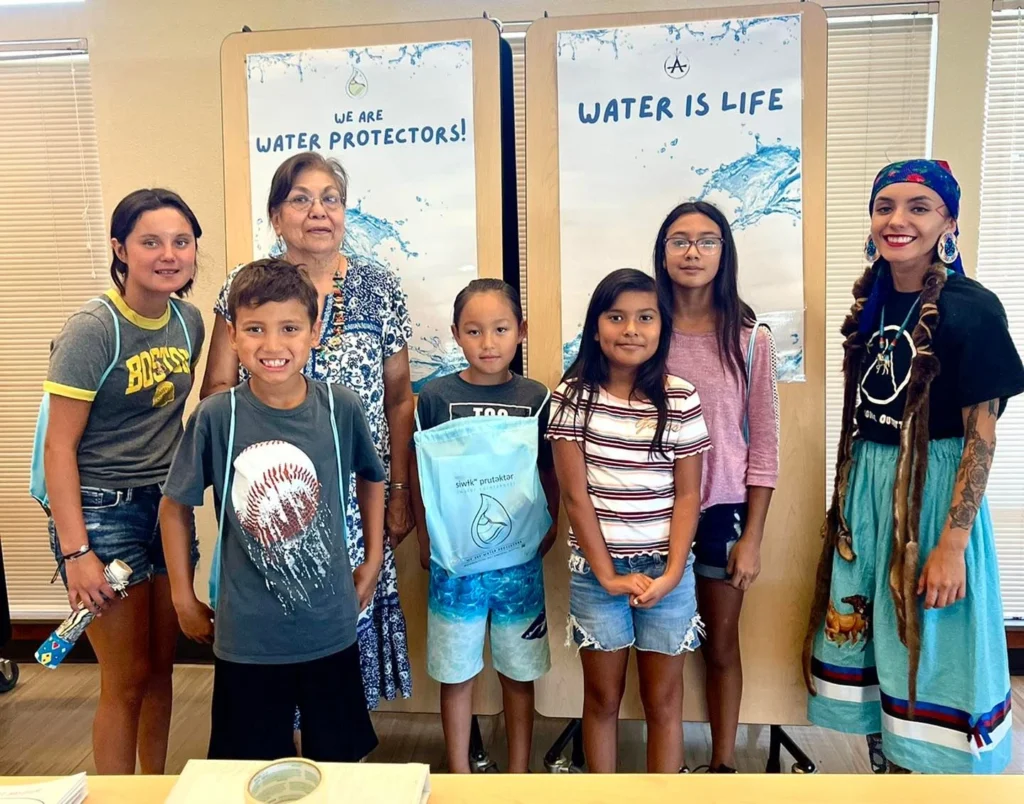
Why Engage Indigenous Youth?
Indigenous youth bring unique strengths and perspectives to conservation efforts:
- Cultural Stewardship
- Deep connection to ancestral lands
- Preservation of sacred sites and traditional practices
- Continuation of Indigenous knowledge systems
- Local Ecological Knowledge
- Generations of accumulated wisdom about local ecosystems
- Crucial insights for sustainable land management
- Understanding of biodiversity protection specific to their regions
- Diverse Perspectives
- Holistic worldviews emphasizing interconnectedness of all life forms
- Prioritization of balance between human needs and nature
- Unique approaches to environmental problem-solving
- Youth Empowerment
- Sense of agency and purpose through participation
- Development of leadership skills
- Opportunity to become changemakers in their communities
- Intergenerational Knowledge Transfer
- Bridge between traditional knowledge and modern conservation techniques
- Ensuring continuity of cultural practices related to environmental stewardship
Strategies for Engaging Indigenous Youth in Conservation
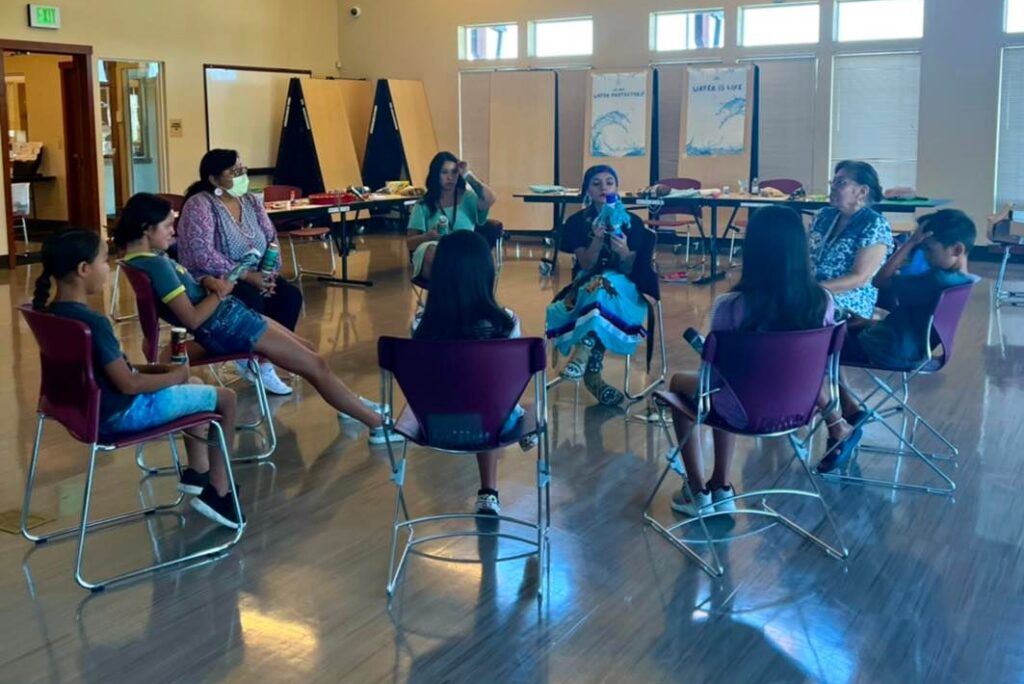
- Cultural Sensitivity and Respect
- Collaborate with local leaders and elders
- Align conservation efforts with cultural perspectives and priorities
- Recognize and value Indigenous rights and sovereignty
- Education and Awareness Programs
- Develop culturally relevant environmental education curricula
- Highlight connections between conservation and Indigenous heritage
- Encourage youth to learn about local environmental challenges and solutions
- Community-Wide Involvement
- Engage entire communities, not just youth
- Collaboratively identify conservation priorities
- Develop strategies that respect local customs and land-use practices
- Hands-On Learning Experiences
- Organize habitat restoration projects
- Implement wildlife monitoring programs
- Teach traditional practices like seed saving and sustainable harvesting
- Mentorship and Leadership Development
- Pair youth with experienced mentors in conservation
- Provide leadership training and skill-building workshops
- Create pathways for youth to take on increasing responsibility in projects
- Integration of Traditional and Modern Knowledge
- Combine Indigenous ecological knowledge with scientific methods
- Use technology to document and preserve traditional practices
- Develop innovative solutions that respect both cultural heritage and modern conservation needs
- Career Pathways in Conservation
- Provide information about careers in environmental fields
- Offer internships and apprenticeships in conservation organizations
- Support higher education opportunities in relevant disciplines
- Youth-Led Initiatives
- Encourage and support youth to develop their own conservation projects
- Provide resources and mentorship for youth-led initiatives
- Celebrate and publicize successful youth-driven conservation efforts
Conclusion
Empowering Indigenous youth in conservation is not just beneficial—it’s essential for a sustainable future. By engaging these young individuals, we tap into a wealth of traditional knowledge, innovative thinking, and passionate commitment to environmental stewardship. As we face global environmental challenges, the perspectives and efforts of Indigenous youth will be crucial in creating holistic, effective, and culturally respectful conservation solutions.
Through respectful collaboration, education, and empowerment, we can support Indigenous youth in becoming the conservation leaders of tomorrow, ensuring the preservation of both cultural heritage and the natural world for generations to come.
